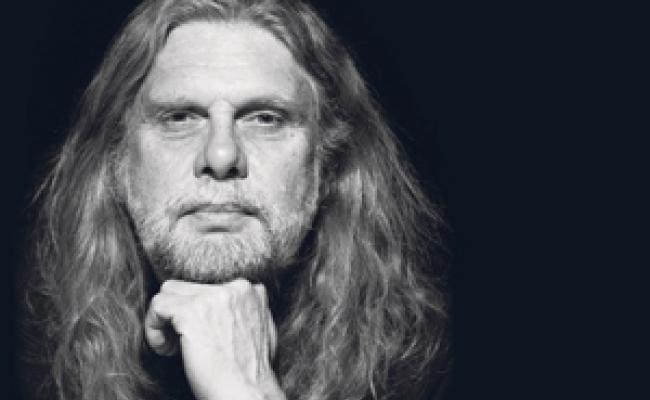Arne O. Holm says The History of Bestiality

A worn-out copy of Jens Bjørneboe's trilogy Moment of Freedom has been retrieved from my bookshelf. Three books that brutally confront the evil which surrounds us. (Photo: Arne O. Holm)
(Commentary) A worn-out copy of the book trilogy Moment of Freedom lies on my desk. The main character, a court officer, concludes quite early in the first book that “the world reveals itself with terrible clarity as the mixture of latrine and torture chamber that it is”.
Citing a novel written way back in 1966, later expanded to a trilogy in 1969 and 1973, demands an explanation. I would think that very few of our readers have a relationship to a Norwegian author who died in 1976.
All of our readers, however, have a relationship with the atrocities the Russian regime has inflicted upon the Russian people for nine months. Lately also bestial attacks on Ukrainian infrastructure. A determined attempt to freeze the Ukrainian civil society to death throughout the winter.
The evil of man
In the shadow of Russia’s war against Ukraine, the Kurdish people are attacked from two sides. Turkey is currently attacking Kurdish targets in Iraq and Syria, while Iran is attacking Kurdish targets in Iraq. Attacks whose sole justification is to strengthen the regimes in Turkey and Iran, respectively.
These are the actions that the late Jens Bjørneboe tries to explain in his trilogy. The inherent evil of man is described and scrutinized in detail and revealed through historical facts.
For that reason, I come back to him again. I was young when I read this confrontation with brutality and I thought, or hoped, in a kind of rebellious euphoria that this was something mankind had put behind it. Or at least would put behind it.
A determined attempt to freeze the Ukrainian civil society to death.
That my life would be lived in a world a little less bestial and cynical than the one depicted in this trilogy.
That was not the case. Perhaps it is rather the case that we are in danger of closing our eyes to what is happening in the middle of Europe or at least looking away from it. Looking somewhere else. Dive down into our own electricity bills, our own salmon tax, and our own food budgets.
In the meantime, 42 million Ukrainians have been robbed of their freedom.
Democracies are weakened
Of course, I am not ignoring the fact that the rest of Europe and the US are fighting on the Ukrainian side through NATO. In no way am I forgetting that. Without the help of NATO, the country which first gained its independence in 1991 would have been stolen by Russia a long time ago.
At the same time, however, I know how lonely it has become to enjoy the privileges which are offered to us in a country still governed by democratic principles. How the military budgets eat into the food budgets to defend us against the proliferation risk which lies in the continuous bombing of civilian targets. How democracies are weakened and authoritarian regimes are becoming increasingly dominating.
Military budgets eat into the food budgets.
The other day, the Norwegian Minister of Foreign Affairs also spoke about this in a speech to the Norwegian parliament. She described quite correctly how democracies are under pressure, also in Europe. Anniken Huitfeldt pointed in particular to the developments in Hungary, which the European Parliament has characterized as an “electoral autocracy”.
That says something about an international trend which is moving away from democratic solutions.
I recently participated in a debate about the FIFA World Cup, which is also a terrifying illustration of a development bereft of what an increasingly smaller part of the world considers necessary and important democratic rights. A World Cup built on modern slavery, where the largest sport in the world also has accepted its deprivation of freedom of expression.
The answer is new torchlight processions in protest against the same government.
Both victims and accomplices
I come back to the blessed Jens Bjørneboe because he, in his description of bestiality, also reminds us of our own responsibilities.
Not only are we victims, but we are also accomplices if we do not stand up against abuse and dictatorship. If we limit our commitment to going to the barricades only when it affects us directly.
In Norway, support for the ruling party is plummeting, even when it writes checks at a furious pace to offset the effects of a war that will rage on through the winter. The answer is new torchlight processions in protest against the same government. It is labor and business organizations that are “raging” because they are not receiving enough government electricity support to cover the expenses of silly and unnecessary Christmas decorations.
Or, as seen from another part of the world, formulated by NATO General Secretary Jens Stoltenberg:
“We all pay a price for Russia’s war against Ukraine. But the price the rest of us pay is in money, while the Ukrainians pay with blood.”
Also read
This commentary was originally published in Norwegian and has been translated by Birgitte Annie Molid Martinussen.



